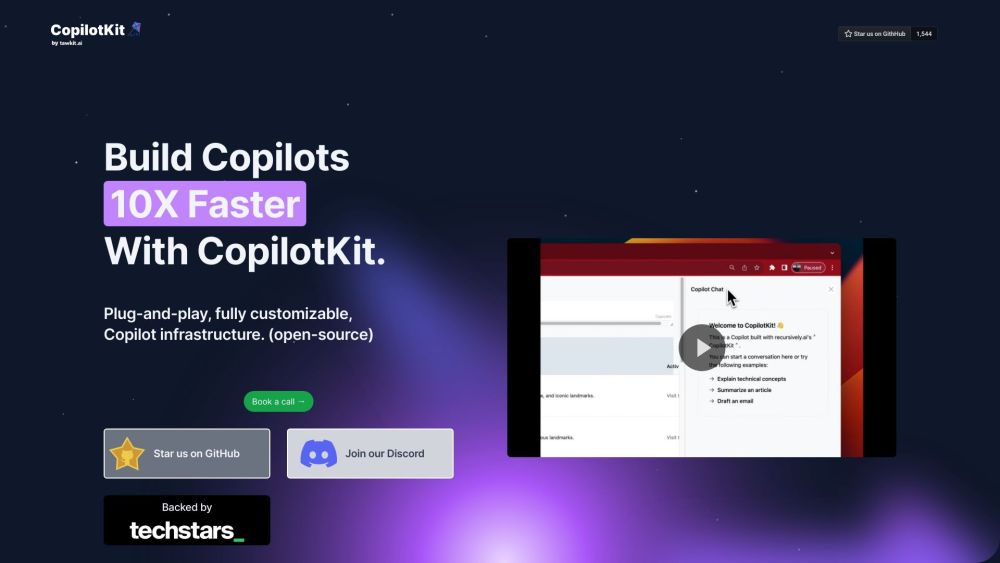Balderton Capital, one of Europe's oldest and most prominent venture capital firms, has successfully raised a total of $1.3 billion through two funds: $615 million for Early Stage Fund IX and $685 million for Growth Fund II. This development was met with cautious optimism by various VCs, highlighting a revitalization of European VC after a lackluster couple of years that followed the low-interest rate era and the exuberant bull market of 2021 and 2022.
Research cited by Balderton shows that European VC funds have outperformed their U.S. counterparts over the past 10 to 15 years, supported by data from Invest Europe and Cambridge Associates. In an interview, partner Suranga Chandratillake shared that the fundraising process was smoother than ever, with about 80% of the capital coming from existing limited partners. He also revealed that the firm received backing from a significant U.S.-based institution, emphasizing that European venture capital is now perceived as a robust and enduring segment of the global VC landscape.
European AI startups, including Mistral, Wayve, and Poolside AI, now represent 18% of all European VC funding, according to recent data from Dealroom. Balderton’s latest fundraising aligns with similar efforts from other European VCs like Accel’s European division, Index Ventures, and Creandum.
Over the past year, Balderton has announced 12 new investments, including Checkly, SAVA, and Tinybird. However, the firm’s focus on Europe means it has largely missed out on the foundational wave of AI startups in Silicon Valley, such as OpenAI and Anthropic, which have attracted large-scale investments from U.S. firms like Andreessen Horowitz and Sequoia Capital, both of which now maintain offices in London.
Despite investing exclusively in European ventures, Balderton has identified London and Paris as pivotal hubs for innovation. Interestingly, although Bernard Liautaud, a Frenchman, serves as the managing partner, Balderton chose not to invest in the Paris-based startup Mistral. Chandratillake explained, "While we believe Mistral is an outstanding company, it represents a challenging investment for a firm focused on earlier-stage opportunities. Such companies require significant capital to compete with market leaders, and early-stage investors may find their stakes diluted, losing influence on key decisions."
When asked if Balderton plans to strategically wait for emerging AI companies, Chandratillake responded, “We advocate for foundational models and foresee a vibrant market emerging around them. However, building such models requires enormous capital, better suited for private equity firms or large public companies with robust cash flows.” He added that while foundational models are crucial, Balderton is focusing on innovative companies leveraging this technology to address specific challenges. Notably, Wayve, a member of their portfolio, recently secured the largest single funding round for any AI company in Europe.
To gauge broader industry sentiment regarding Balderton’s recent fundraising efforts, someone consulted several experts. Brent Hoberman, founder of firstminute capital, a $400 million seed fund, remarked, “This is encouraging for European tech, especially given the statistics indicating European VCs are outperforming their U.S. peers.” Apostolos Apostolakis, partner at VentureFriends in Athens, emphasized the need for more seasoned capital in the European growth stage. "It's fantastic news for European startups at both early and growth stages."
Susanne Najafi, founding partner at BackingMinds VC in Stockholm, expressed her support as well: “It's excellent news. More availability of capital for European startups will create competitive opportunities for growth rounds without solely relying on U.S. funds.” An anonymous VC praised Balderton’s cautious approach, complimenting their commitment to realistic investment strategies and their track record in building a diversified portfolio.
However, skepticism remains. Andrew J. Scott, founding partner at 7percent Ventures, cautioned, “For European Series A-plus managers, it’s critical to have the courage to invest in substantial foundational technology rather than just established revenue applications. Otherwise, the U.S. could dominate AI, space, and robotics for the next several decades, similar to its control over web technology and cloud computing.”
This article has been updated to include additional commentary from a VC concerning Balderton’s strategic decision not to invest in Mistral.




